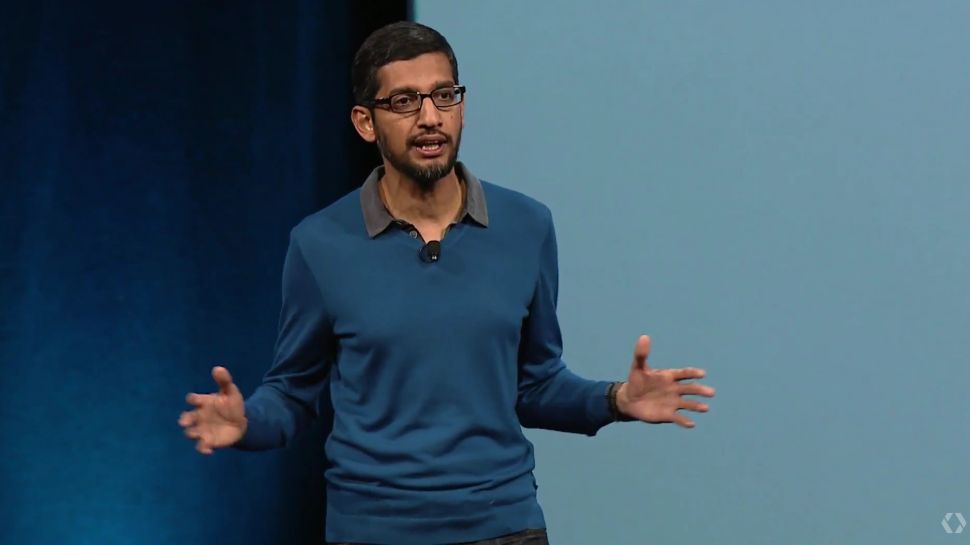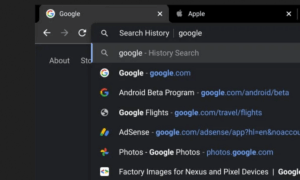The Apple crusade continues with Google as a surprising ally. Today, Sundar Pichai, Google’s CEO, wrote several tweets that, while diplomatic, clearly state his position on the matter of encryption and privacy: yes, for security, no, for hacking customer devices.
After Tim Cook’s open letter about FBI’s alarming request and his subsequent refusal, Pichai seems to agree that building a backdoor for any smartphone or device is not an option. Users put their faith in technology companies, believing their personal data is private and secure. A software that could make hacking easier for any interested party violates that belief.
2/5 We know that law enforcement and intelligence agencies face significant challenges in protecting the public against crime and terrorism
— sundarpichai (@sundarpichai) February 17, 2016
3/5 We build secure products to keep your information safe and we give law enforcement access to data based on valid legal orders
— sundarpichai (@sundarpichai) February 17, 2016
4/5 But that’s wholly different than requiring companies to enable hacking of customer devices & data. Could be a troubling precedent
— sundarpichai (@sundarpichai) February 17, 2016
Google’s boss ended his short statement on Twitter saying that “he was looking forward to a thoughtful and open discussion” on the issue.
The reality is several big players in the tech industry have discussed matters amply with authorities before, even helped them with public data, when they had legal access. In January, for instance, Apple, Google, Microsoft, Twitter and Facebook execs met with a White House delegation to talk about terrorists’ access to Social Media. One month later though, authorities insist on creating ways to hack phones and bypass code.
We’ll see if more companies take a stand like Google and initiate important, open discussions on the matter of user privacy.
Follow TechTheLead on Google News to get the news first.

























